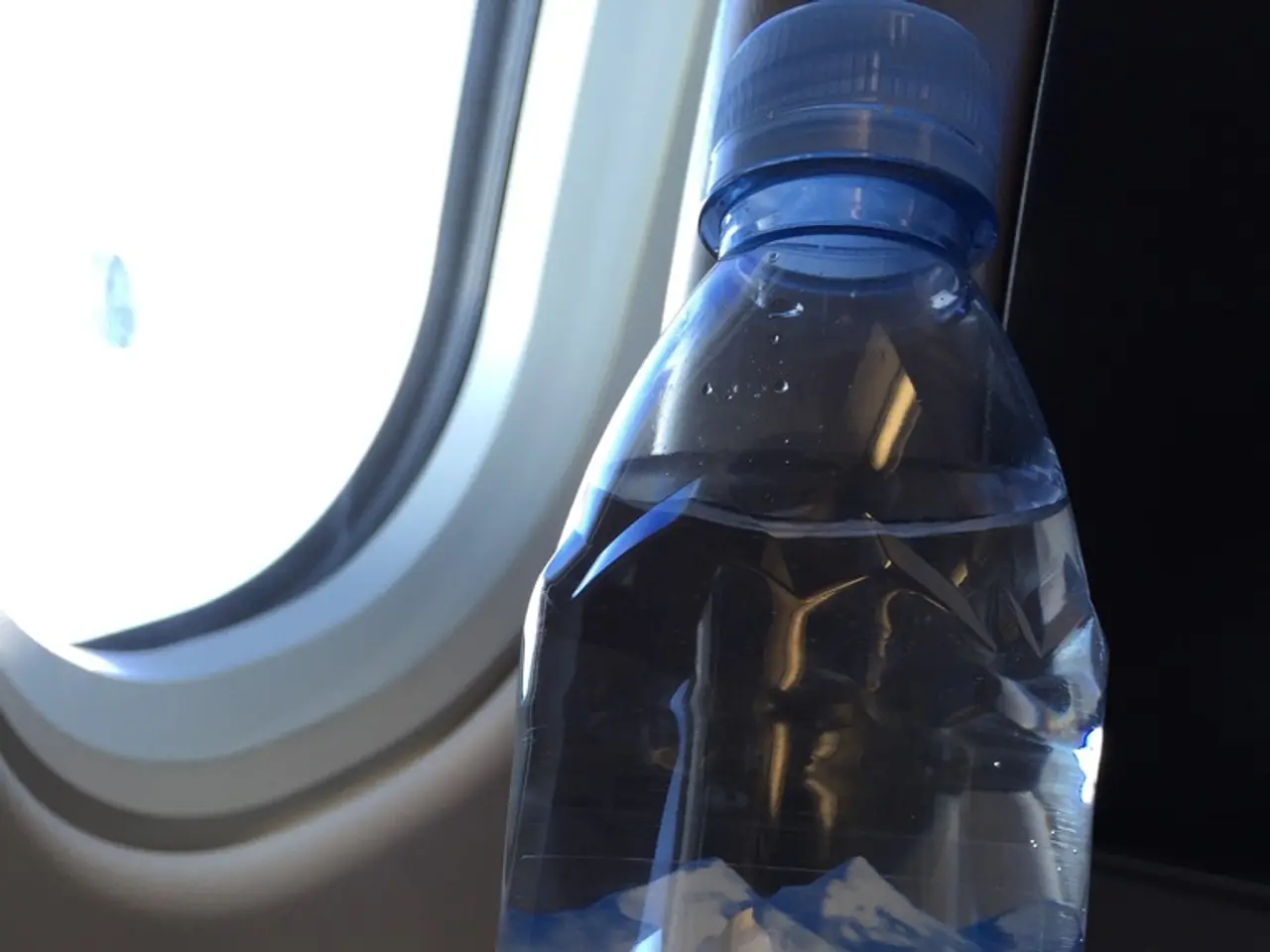Transforming Your Tea Kettle into a Nanoplastics Filter for Pure Water
Boiling hard water could be a significant step towards reducing exposure to nanoplastics, a type of microscopic plastic particle found in drinking water. This simple and cost-effective method is gaining attention for its potential impact on plastic pollution.
Scientists have discovered that boiling hard water, rich in minerals like calcium carbonate, can efficiently remove nanoplastics. The process works by leveraging the natural formation of limescale, or calcium carbonate deposits, as the water heats and boils. These deposits trap nanoplastic particles, making them easy to filter out using a simple mesh or stainless steel tea filter.
In trials, boiling hard water has been shown to remove up to 90% of nanoplastics. Even in soft water, boiling still removes about a quarter of the plastics. This makes boiling water a practical solution for individuals to reduce their exposure to nanoplastics, especially in areas where boiling tap water is common.
This low-cost, accessible method offers a promising approach to reducing nanoplastic contamination in drinking water. However, more research is needed to fully understand the health impacts of nanoplastics and to optimize removal techniques.
In summary, boiling hard water efficiently removes nanoplastics by trapping them in limescale deposits, making it one of the easiest and cheapest methods currently known to reduce nanoplastic contamination in drinking water. Adopting this simple habit could contribute to a reduction in exposure to nanoplastics. After boiling, a simple filter, such as a mesh used to strain tea, can be used to remove the trapped nanoplastics. Boiling water not only removes nanoplastics but also provides a means to make tea. In the fight against plastic pollution, boiling water could be a practical solution for individuals to reduce their exposure to nanoplastics in drinking water.





